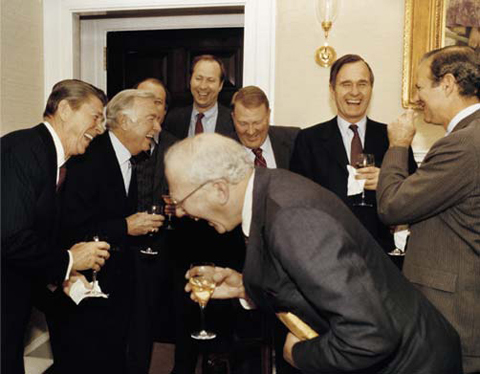What’s the Matter with Kansas?! (2022 Edition)
An enormous swathe of the American electorate consists of people who exist in a state of complete ignorance about how the economy works, even as they cast their votes largely on the basis of economic phenomena they don’t begin to understand, for politicians who act almost unfailingly against their economic best interests.


